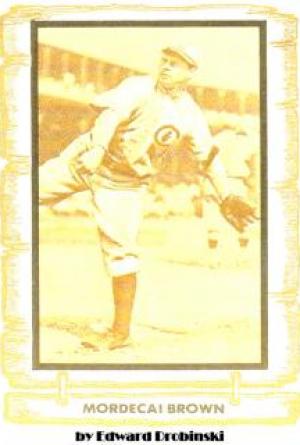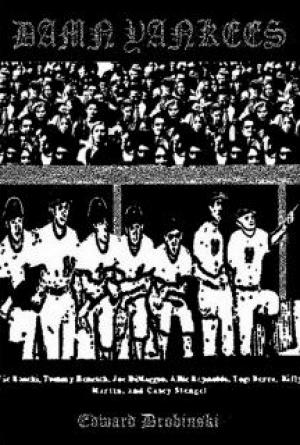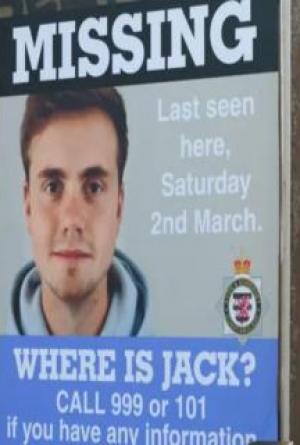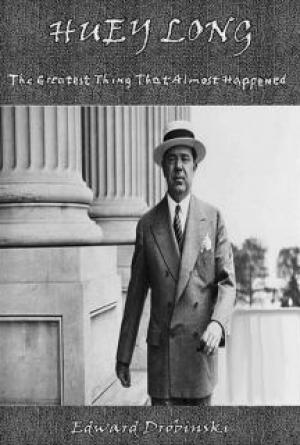Chief Events In Franklin's Life
[Ending, as it does, with the year 1757, the autobiography leaves important facts unrecorded. It has seemed advisable, therefore, to detail the chief events in Franklin's life, from the beginning, in the following list:
1706. He is born, in Boston, and baptized in the Old South Church.
1714. At the age of eight, enters the Grammar School.
1716. Becomes his father's assistant in the tallow-chandlery business.
1718. Apprenticed to his brother James, printer.
1721. Writes ballads and peddles them, in printed form, in the streets; contributes, anonymously, to the "New England Courant," and temporarily edits that paper; becomes a free-thinker, and a vegetarian.
1723. Breaks his indenture and removes to Philadelphia; obtaining employment in Keimer's printing-office; abandons vegetarianism.
1724. Is persuaded by Governor Keith to establish himself independently, and goes to London to buy type; works at his trade there, and publishes "Dissertation on Liberty and Necessity, Pleasure and Pain."
1726. Returns to Philadelphia; after serving as clerk in a dry goods store, becomes manager of Keimer's printing-house.
1727. Founds the Junto, or "Leathern Apron" Club.
1728. With Hugh Meredith, opens a printing-office.
1729. Becomes proprietor and editor of the "Pennsylvania Gazette"; prints, anonymously, "Nature and Necessity of a Paper Currency"; opens a stationer's shop.
1730. Marries Rebecca Read.
1731. Founds the Philadelphia Library.
1732. Publishes the first number of "Poor Richard's Almanac" under the pseudonym of "Richard Saunders." The Almanac, which continued for twenty-five years to contain his witty, worldly-wise sayings, played a very large part in bringing together and molding the American character which was at that time made up of so many diverse and scattered types.
1738. Begins to study French, Italian, Spanish, and Latin.
1736. Chosen clerk of the General Assembly; forms the Union Fire Company of Philadelphia.
1737. Elected to the Assembly; appointed Deputy Postmaster-General; plans a city police.
1742. Invents the open, or "Franklin," stove.
1743. Proposes a plan for an Academy, which is adopted 1749 and develops into the University of Pennsylvania.
1744. Establishes the American Philosophical Society.
1746. Publishes a pamphlet, "Plain Truth," on the necessity for disciplined defense, and forms a military company; begins electrical experiments.
1748. Sells out his printing business; is appointed on the Commission of the Peace, chosen to the Common Council, and to the Assembly.
1749. Appointed a Commissioner to trade with the Indians.
1751. Aids in founding a hospital.
1752. Experiments with a kite and discovers that lightning is an electrical discharge.
1753. Awarded the Copley medal for this discovery, and elected a member of the Royal Society; receives the degree of M.A. from Yale and Harvard. Appointed joint PostmasterGeneral.
1754. Appointed one of the Commissioners from Pennsylvania to the Colonial Congress at Albany; proposes a plan for the union of the colonies.
1755. Pledges his personal property in order that supplies may be raised for Braddock's army; obtains a grant from the Assembly in aid of the Crown Point expedition; carries through a bill establishing a voluntary militia; is appointed Colonel, and takes the field.
1757. Introduces a bill in the Assembly for paving the streets of Philadelphia; publishes his famous "Way to Wealth"; goes to England to plead the cause of the Assembly against the Proprietaries; remains as agent for Pennsylvania; enjoys the friendship of the scientific and literary men of the kingdom.
1760. Secures from the Privy Council, by a compromise, a decision obliging the Proprietary estates to contribute to the public revenue.
1762. Receives the degree of LL.D. from Oxford and Edinburgh; returns to America.
1763. Makes a five months' tour of the northern colonies for the Purpose of inspecting the post-offices.
1764. Defeated by the Penn faction for reelection to the Assembly; sent to England as agent for Pennsylvania.
1765. Endeavors to prevent the passage of the Stamp Act.
1766. Examined before the House of Commons relative to the passage of the Stamp Act; appointed agent of Massachusetts, New Jersey, and Georgia; visits Gottingen University.
1767. Travels in France and is presented at court.
1769. Procures a telescope for Harvard College.
1772. Elected Associe Etranger of the French Academy.
1774. Dismissed from the office of Postmaster-General; influences Thomas Paine to emigrate to America.
1775. Returns to America; chosen a delegate to the Second Continental Congress; placed on the committee of secret correspondence; appointed one of the commissioners to secure the cooperation of Canada.
1776. Placed on the committee to draft a Declaration of Independence; chosen president of the Constitutional Committee of Pennsylvania; sent to France as agent of the colonies.
1778. Concludes treaties of defensive alliance, and of amity and commerce; is received at court.
1779. Appointed Minister Plenipotentiary to France.
1780. Appoints Paul Jones commander of the "Alliance."
1782. Signs the preliminary articles of peace.
1783. Signs the definite treaty of peace. 1785. Returns to America; is chosen President of Pennsylvania; reelected 1786.
1787. Reelected President; sent as delegate to the convention for framing a Federal Constitution.
1788. Retires from public life.
1790. April 17, dies. His grave is in the churchyard at Fifth and Arch streets, Philadelphia. Editor.







